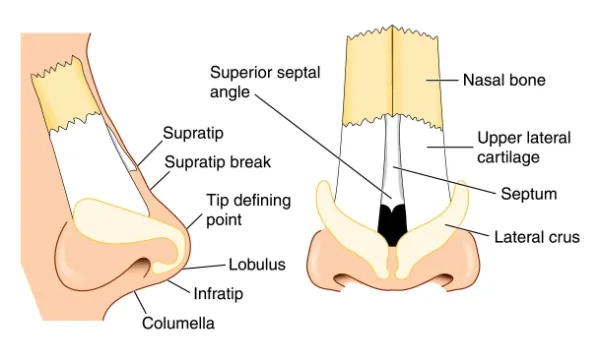Medicare Isn't the Only Auditor
Question: We treat pediatric patients who require otolaryngology care, so we don’t submit many Medicare claims, unless patients are disabled. Our new practice manager keeps asking us to create an audit preparation plan, but why should we worry about audits if we don’t really deal with Medicare?
Codify Subscriber
Answer: Medicare is not the only payer that performs audits of medical practices. You could also get audit requests from private payers, Tricare, or Medicaid. In fact, a new Medicaid E-Alert indicates that your state Medicaid program could increase its focus on your practice to ensure that you aren’t paid improperly.
In August, CMS issued its “Medicaid Improper Payments E-Alert,” which outlined the 9.8 percent improper payment rate that Medicaid calculated for 2015. Although an error rate below ten percent may not sound too severe, that number represents a startling $29.12 billion.
Among the issues that CMS found when auditing Medicaid providers was insufficient documentation. “Medicaid takes the position that if the work is not properly documented, do not bill the services,” the E-Alert says.
The agency also found issues with incorrect coding and Medically Unlikely Edits (MUEs). “Some services are bundled for billing, like surgery and the follow-up care, and should be billed with one code,” the E-Alert says. “Audit to ensure such bundled services are not billed separately.”
CMS also scrutinized Medicaid claims to find services that could have been covered by another payer. If a patient has insurance with Medicaid as well as with another insurer, the other insurer will always be considered the primary payer. “Medicaid is the payer of last resort,” the E-Alert says.
Private, commercial payers also audit documentation, medical necessity, coding and billing as well. So even if your practice does not work with Medicare and Medicaid, it is still subject to audit from any third party payers that may want to audit the practice.
Some practices say that they do not participate with any insurances and that protects them from audits. However, since the practice provides a receipt to the patient for reimbursement, listing CPT® codes and ICD-10 codes, the private payers can also request copies of the documentation and audit the practice’s notes as well as submit complaints to the State Department of Insurance, the State Medical Board and the States Attorney General if they have a problem with the business practices they find at the medical practice. Practices are never immune from oversight from payers.
Example: A patient presents with both Tricare and Medicaid. Knowing that Tricare is always the secondary insurer, you bill Medicaid as the primary payer and then you submit any balance to Tricare.
Reality: This would be accurate if the patient had both private insurance and Tricare, but Medicaid always gets billed last, even if Tricare is the otherpayer.
Remember: Always verify coverage through the coordination of benefits program before a patient presents to your practice so you know exactly what types of coverage they have. If a patient has another insurer in addition to Medicaid, do not bill Medicaiduntil the other insurers have already processed the claims.




